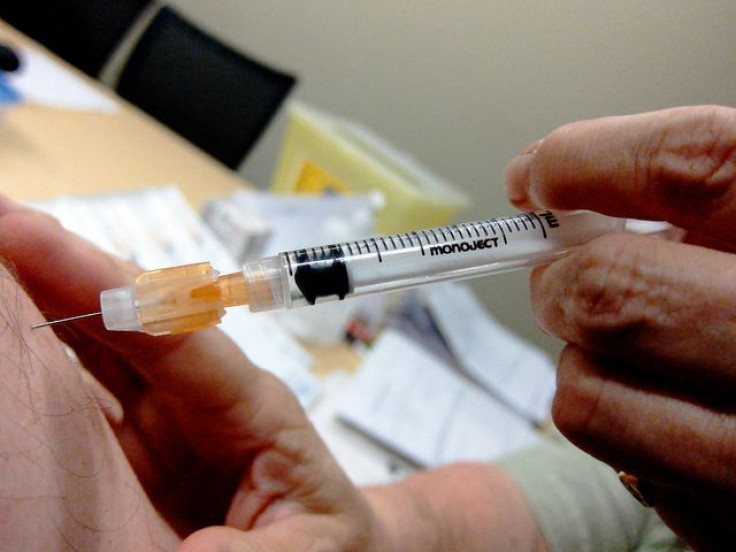Hepatitis A Outbreak: NYC Health Officials Urge Bronx Restaurant Customers To Get Vaccinated Immediately Immediately

On Saturday, the New York City Department of Health (DOH) began mobilizing vaccine clinics after five cases of hepatitis A were traced back to a Japanese restaurant in the Bronx. Health officials are now urging anyone who ate at New Hawaii Sea Restaurant to get vaccinated against the virus as soon as possible. Patrons who ate at the restaurant before Sep. 7 should be evaluated if they exhibit signs of the liver infection.
"We are asking all restaurant patrons and employees to get this vaccination as soon as possible," Health Commissioner Thomas Farley told UPI. "If people experience symptoms, they should see a doctor immediately. This incident serves as an important reminder to always wash your hands thoroughly before handling food to prevent the spread of disease."
Hepatitis A is a viral inflammation of the liver characterized by dark urine, fatigue, nausea, loss of appetite, and jaundice, a yellowing of the skin. It is primarily transmitted through contact with infected fecal matter and blood. The onset of symptoms usually appear two to six weeks after exposure. Once symptoms appear, no special medicines or antibiotics can be used to treat them, health officials said.
The Huffington Post reports that the Medical Reserve Corps has been brought in to alleviate the duties of the city’s health workers. Within two hours of opening its doors, a single vaccine clinic had already administered shots to 400 potential victims. Hundreds were still waiting in line.
"We are trying to get as many people as possible," said Sam Miller, a spokesman for the DOH. "After two weeks' time the vaccine isn't effective, so if you were there before, the vaccine isn't going to help you. Anyone experiencing symptoms that ate there before [then] should go to their doctor immediately."
Hepatitis A is the least severe of the hepatitis viruses, and cannot become chronic. Severe illness and hospitalization is usually limited to individuals suffering from preexisting liver conditions or weakened immune system. For this reason, the infection is rarely fatal and usually resolves on its own.



























